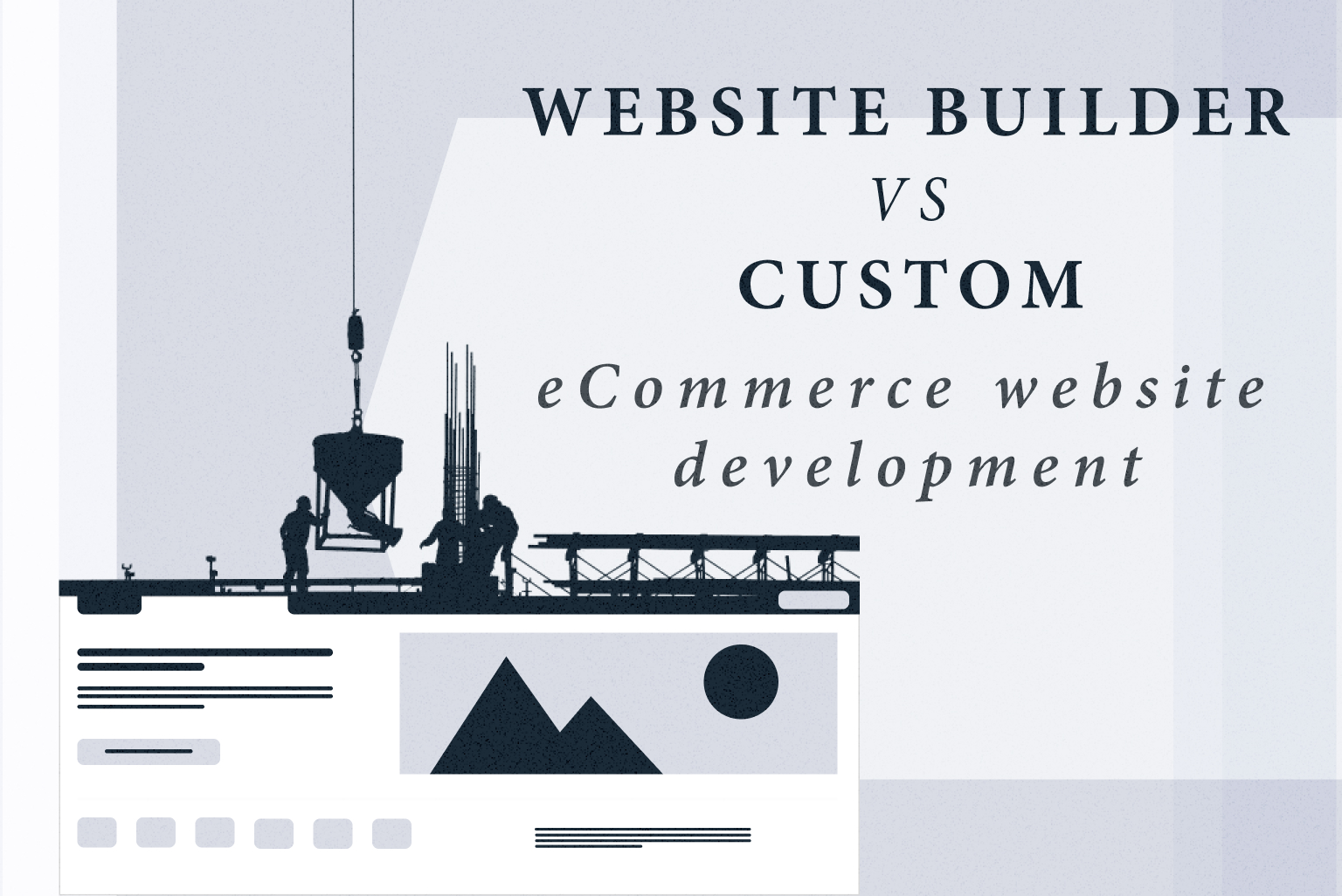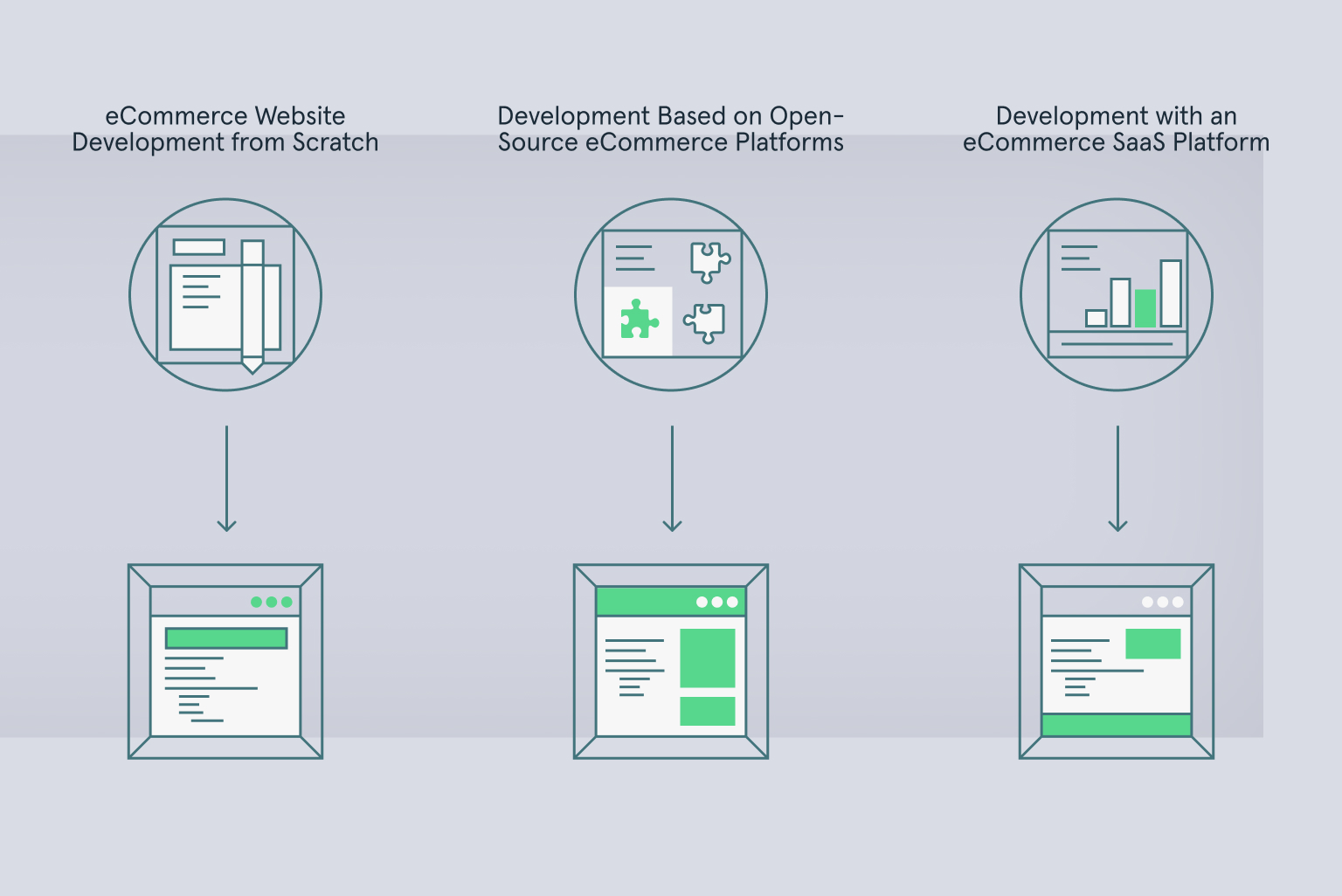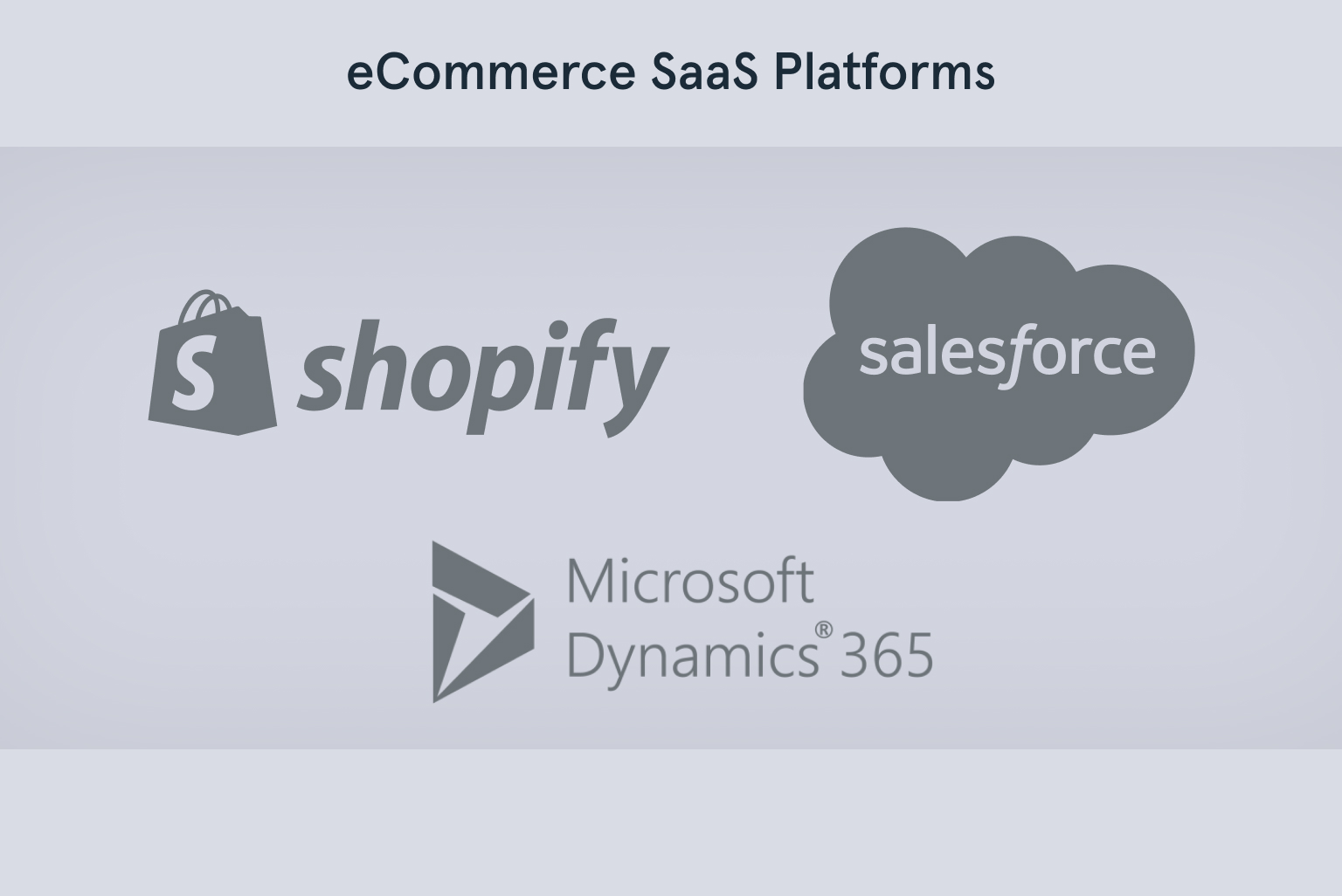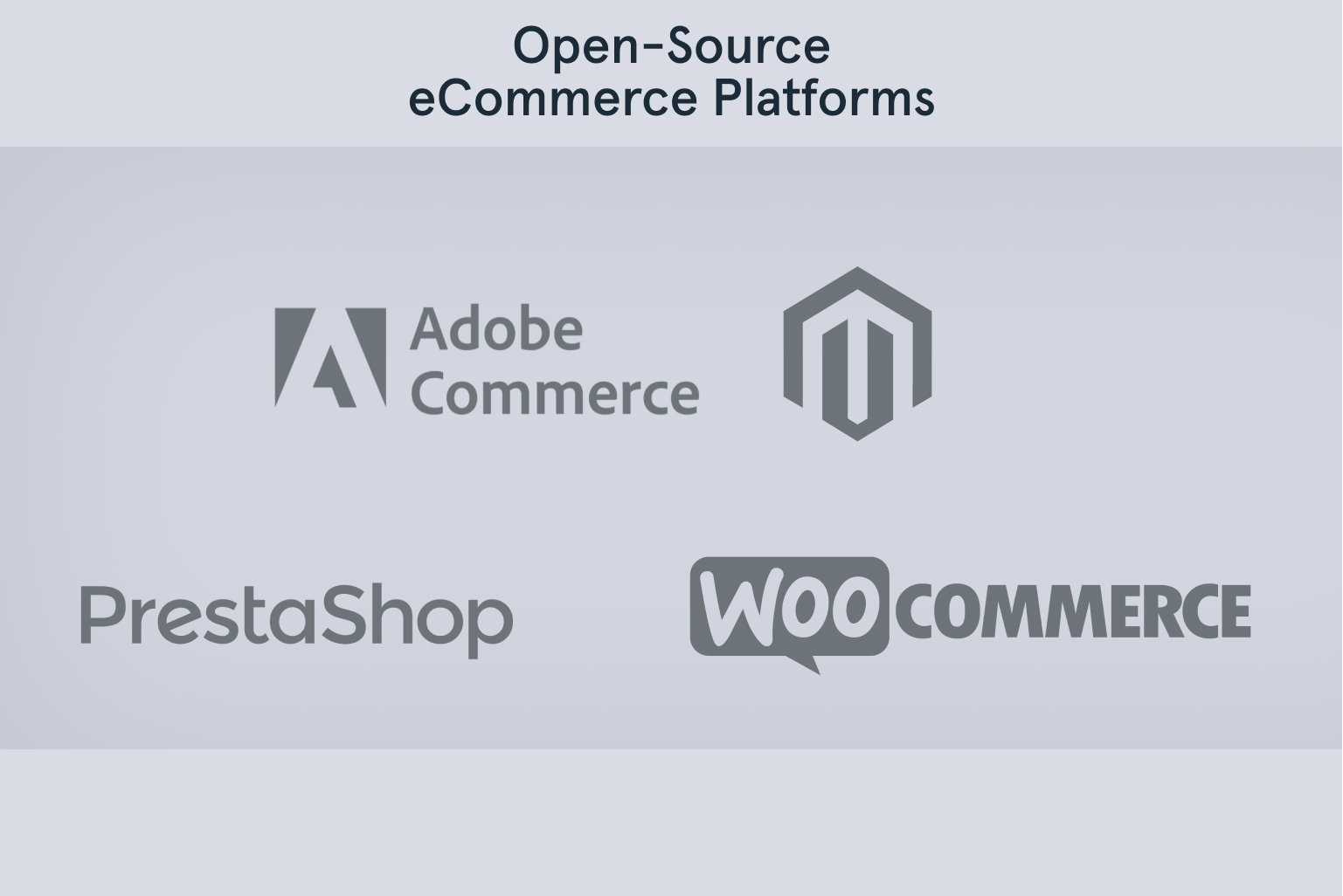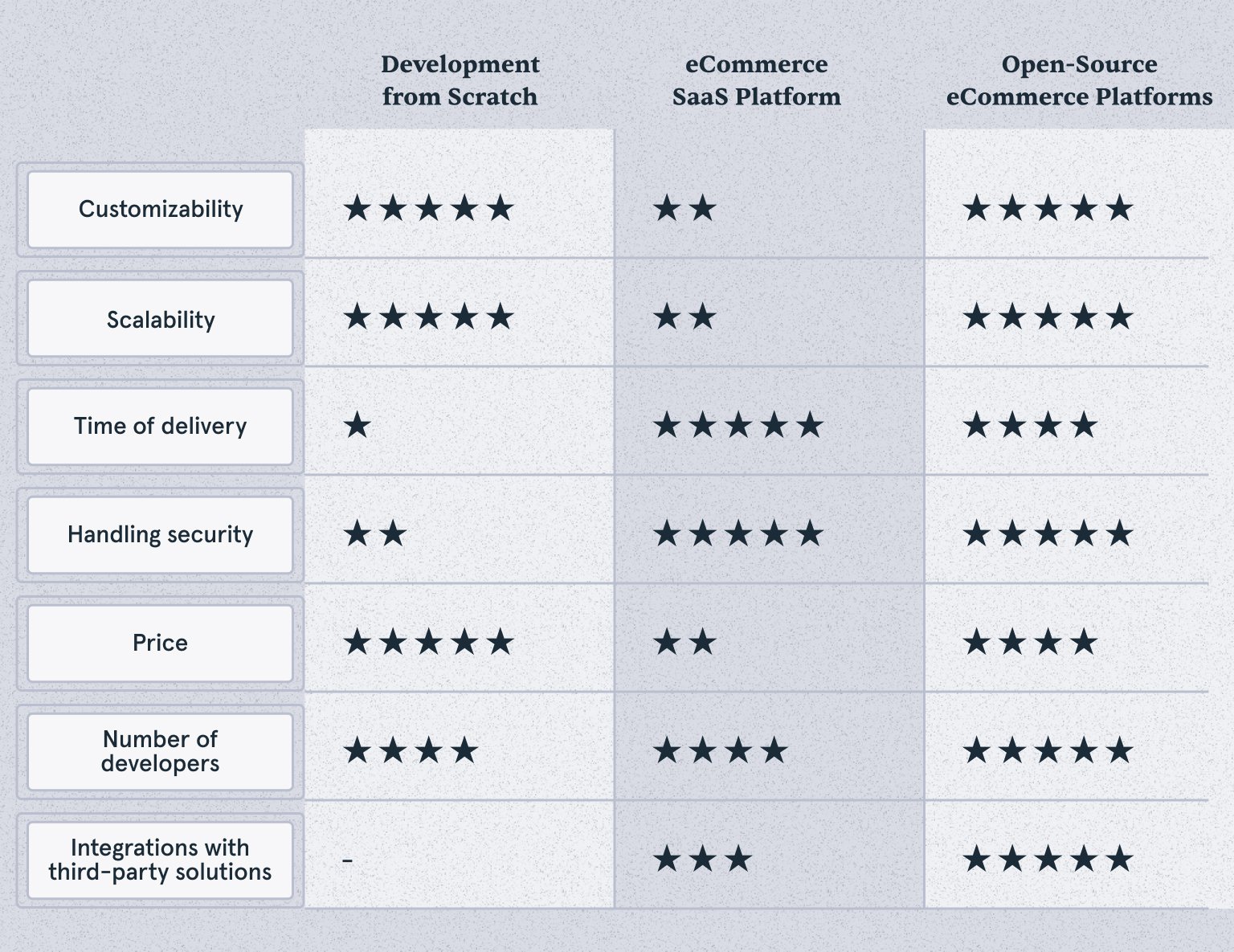So, you are on the verge of building your own eCommerce business! Congratulations, that’s quite a step!
The next initial decisions are very important, especially those connected to building the face of your business – an eCommerce website.
We know that users like effortless navigation menus, filters, and checkout forms. 98% of them can ditch the purchase on your website because of incorrect and incomplete product information.
So, how to build an eCommerce website? Should you hire a developer to code it from scratch or just make it with a website builder? Let’s break down this ‘website builder vs coding’ dilemma! That’s what you’ll learn from this article:
- How to choose the best eCommerce platform
- How to code an eCommerce website from scratch
- Pros and cons of developing a website from scratch
- Pros and cons of using a website builder
- Pros and cons of using a SaaS platform
If you have the same dilemma, keep reading!
Contact GoMage about custom Magento development! We can help you with any questions you may have!
How to Choose the Best eCommerce Platform
Before we jump into the whole ‘website builder vs coding’ question, let’s see how you can choose the best eCommerce platform to turn your ambitions into reality! Magento, Shopify, BigCommerce, WooCommerce… the list doesn’t end there. How do you choose? Here’s a checklist of questions to ask yourself while assessing the eCommerce platform:
- Does it have a high level of customization?
Make sure the platform you choose provides a variety of tools, features, and design options. It will make your future website stand out from the millions of others.
- Can the site be delivered within your timeframe?
If you have a certain deadline, check how much time it takes to create the new website based on the platform you choose.
- Will you be able to scale your website?
Right now, you may start small, but in time, your business requirements might change. See if you will be able to expand your business to other countries, start working within new business models or add new functionality without changing your platform.
- Are third-party solutions available?
Look for third-party integrations; sometimes you can install a module and save months for your team to code a feature from scratch.
- Can you easily find developers if needed?
Make sure there are plenty of professional eCommerce web developers who specialize in coding on the eCommerce platform of your choice. The more there are, the more in demand the platform is.
- Does the price fit within your budget?
Reach out to the salespeople and ask them to provide you with the platform price based on your needs, or just research their website thoroughly.
- Can you create a unique, highly customized UX/UI design?
Make sure your new eCommerce platform allows you to use both a website template and create a new design from scratch.
Development Get a robust PWA
Supercharge your eCommerce efforts with superb UX and ‘superfast’ speed. Build an eCommerce PWA from scratch or save time and money using GoPWA Storefront.

How to Code an eCommerce Website from Scratch: 3 Options
Building the first website for your business is a time-consuming job, so let’s save you a few hours of decision-making and figure out the direction you should take.
-
eCommerce Website Development from Scratch
Maybe choosing the eCommerce platform is not for you, and you think of hiring someone to build your website from scratch. That’s very ambitious, but we’re juggling a few balls here. Will it function decently, look attractive, and save you money at the same time? Let’s look at the pros and cons of eCommerce website development from scratch.
Pros:
- It is based on your specific business needs – with custom coding, you can set your criteria for the final product.
- You can add any features at any time you want – you will get full control over your future website and decide when and how to update your website.
- You can create optimized solutions for fast performance – you can be autonomous in optimizing your website when things slow down.
Cons:
- It takes a longer time to market – designing and deploying such a website can take 5-6 months or even more, depending on business requirements.
- It’s more expensive than any other option – custom coding from scratch will increase the website development cost by up to 10 times.
- Add-ons or edits will cost you – you need to think about the logic of your website thoroughly beforehand. Otherwise, all the remakes will not come cheap.
- You may face performance issues with old legacy code – when your project gets bigger, it will leave you with a lot of legacy code. If it’s not refreshed at some point, it may become problematic and bring up functional issues.
- Security issues – you will have to think through all the possible security holes on your own to make sure your customer’s data is safe.
- Problems with passing GDPR requirements and PCI compliance – you will have to spend time and prove that you’re managing personal data properly, as it’s defined by the law.
-
Development with an eCommerce SaaS Platform
An eCommerce SaaS (software as a service) platform is cloud-based software. Some of the most well-known eCommerce platforms are Shopify, Salesforce Commerce Cloud, Dynamics 365 Commerce, etc. Let’s break down what’s the best and the worst in them.
Pros:
- They are faster to market – SaaS eCommerce platforms reduce time-to-market by up to 5 times.
- They are cheaper to build – SaaS prices are usually affordable and predictable, without hidden costs.
- A lot of features are already provided out of the box – key features are provided out of the box. Still, some businesses might not find all the necessary ones.
- The platform also takes care of hosting and security; thus, it’s easier to pass PCI compliance.
Cons:
- Limited customization capabilities – you won’t have much freedom when it comes to making your website unique. Modules that you need to install are also not that easy to customize.
- No ability to optimize performance – you will be pretty dependent on the vendor on this one.
- You depend on the SaaS company for other things – like new features, fixing security issues, etc.
- Problems with integrating third-party solutions – the in-house data structures might have a hard time integrating with third-party software, so, you will have to perform a lot of compatibility checks.
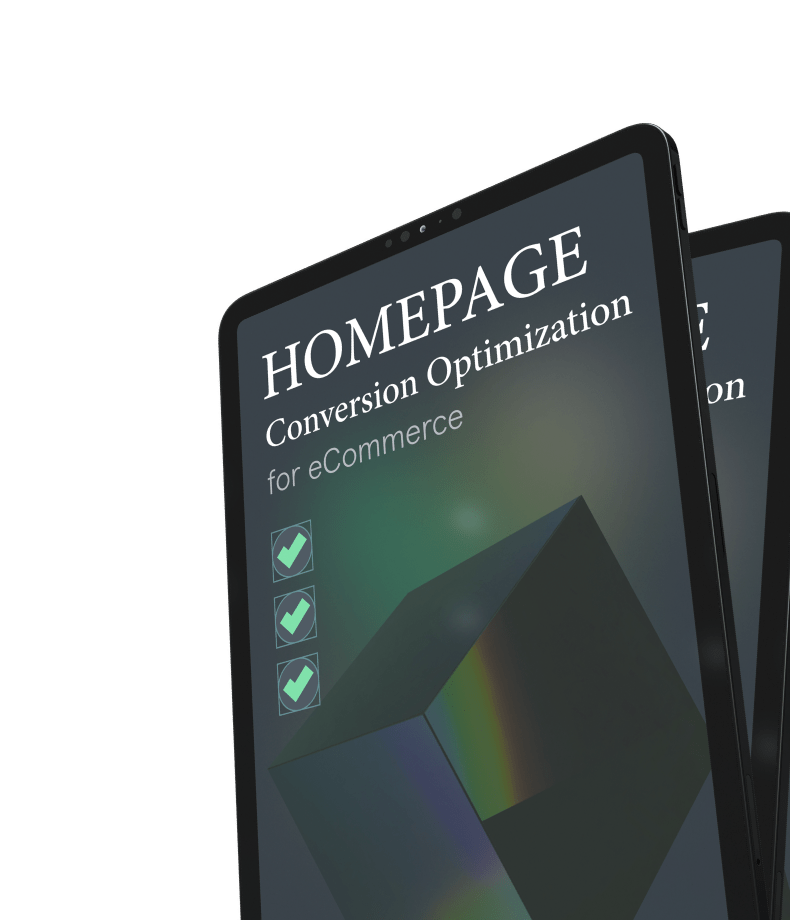
-
Development Based on Open-Source eCommerce Platforms
Open-source platforms serve as a source of code that is available for changes and customizations.
You may have already heard about such platforms: Magento Open Source, Adobe Commerce, Adobe Commerce Cloud, WooCommerce, etc. Sound familiar? What’s good about them?
Pros:
- Unlimited customization and scalability – open-source platforms are a continuous source of code enhancement. You will be able to customize out-of-the-box features and create new ones.
- A lot of out-of-the-box features – if you don’t want to spend money on developing functionality from scratch, you can always use ones that are already available.
- Large development communities – open-source platforms have large communities, and if you are a part of one, you will find a ton of materials for every problem.
- A large pool of developers – you won’t have a problem finding an eCommerce web developer for your project. There are usually a lot of them specializing in open-source solutions.
- There are more modules and extensions for open-source platforms – you will be able to save a lot of money using such modules instead of creating some functionality from scratch.
- Integration with third-party solutions – you will have access to numerous add-ons, extensions, and plugins, based on the latest advancements.
Cons:
- You won’t be able to set up a store yourself – yes, you will need to hire an eCommerce web developer. But to be fair, hiring someone to perform custom eCommerce web development is also required for all the options we mentioned previously. Unless you have technical experience and are willing to invest hundreds of hours of your time, of course.
- It may cost you more than a simple template-based website – well, of course, you will need to pay a developer or an agency. But on the other hand, you will know that your business won’t hit the glass ceiling at some point and you won’t spend even more on changing the platform.
Have these everlasting sources of code caught your attention? Learn more about the features of the open-source platforms to make an informed decision.
As you can see, custom coding and using a website builder are different when it comes to their cost and time of delivery. In most cases though, you will most likely need to hire a developer. Let’s make a short sum-up of how each of the development types meets the main business needs.
Custom Magento Website Development Based on Magento
So, hopefully, now you feel more confident about all the peculiarities of custom eCommerce website development. Let’s see how the website building works on Magento, one of the world’s most famous eCommerce platforms owned by Adobe. There are three Magento versions: Magento Open Source (a free community version), Adobe Commerce (a paid template-based Magento version), and Adobe Commerce Cloud (a cloud-based Magento version).
If you start your first website with the Magento website builder, you will get a lot of benefits. Let the facts speak for themselves!
- Unlimited customization and scalability – all of the Magento versions are highly customizable and can meet the needs of big as well as small or middle-sized businesses. You will be able to customize website views, configurations of the product categories and features. In addition, any feature can be coded from scratch.
- Powerful build-in features – you will find everything your store will ever need: detailed analytics and reporting, AI-based product search, intuitive Page editor, numerous marketing tools, like specific discount logic, promotions and newsletters, and B2B features.
- Thousands of extensions – we’re not exaggerating, there are at least 3,504 Magento extensions! So, rest assured you will find any feature you need.
- Third-party integrations – you can easily integrate numerous payment gateways with your Magento website as well as web applications, like PayPal, MailChimp, Google Shopping, eBay, and many more
- Enhanced security – Magento offers two-factor authentication, flexible file system ownership and permissions, enhanced password management, clickjacking protection and many more safety features.
On the Final Note
We hope the “website builder vs coding from scratch” choice is a lot clearer to you now! We described the main positive and lacking characteristics of different types of custom eCommerce website development. Now it’s your turn to decide! Make sure you take into consideration all your business goals and industry-specific requirements. After all, the main thing is, it should suit your individual needs!

